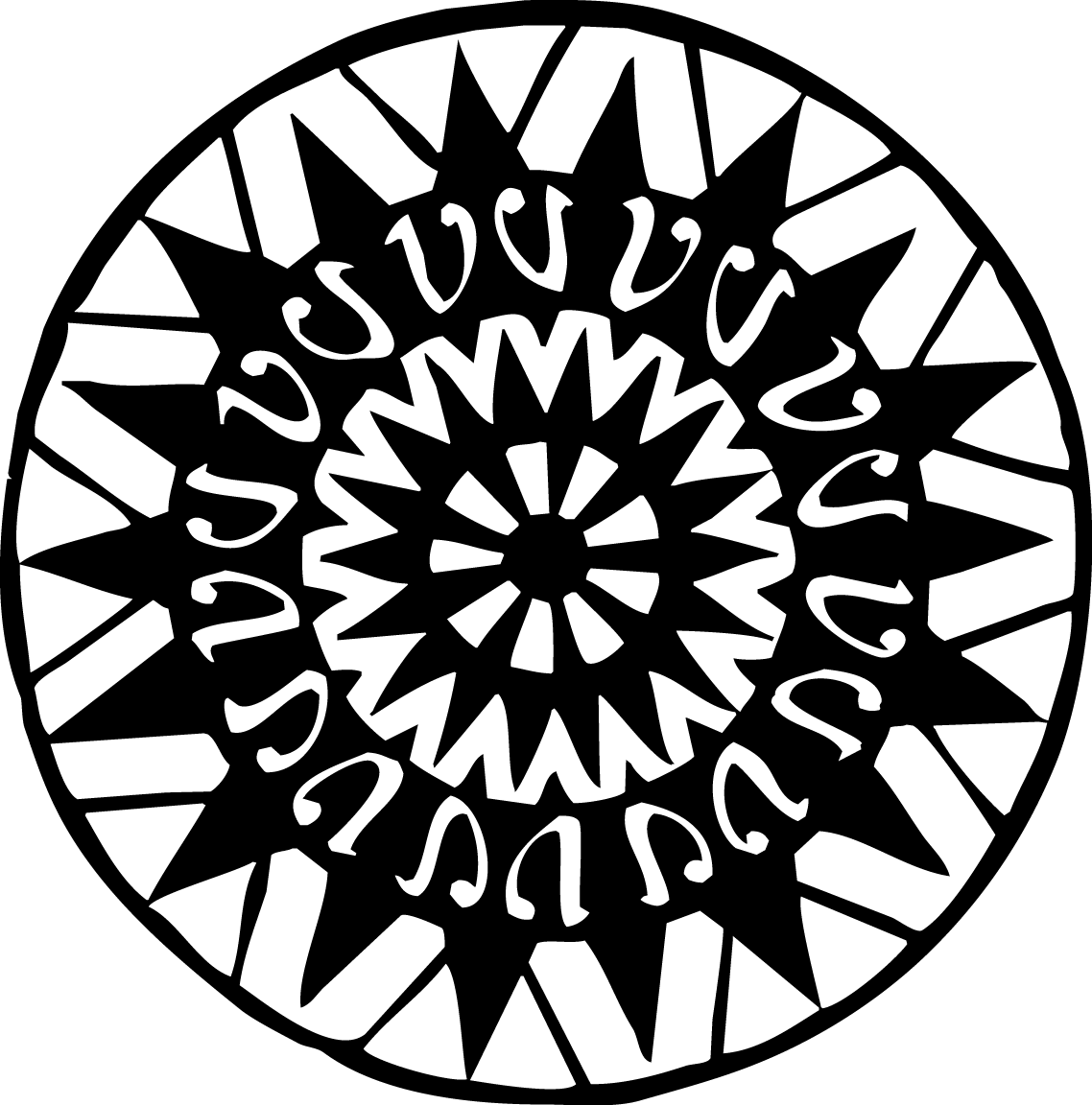Social media is great for community building and getting people to rally around a cause. I’ve formally, and informally, built several communities in my 15+ years on the web. I’ve picked up a few tips along the way that are worth sharing.
Know who you are trying to reach. As your community grows people will find you on their own, but identifying the types of people you want to join your community will help you grow it faster. When someone starts to participate in a conversation, ask them how they found you and what they want out of the interactions. This helps them feel welcome and helps them understand the nature of the community. Twitter, Facebook groups, Medium are all places I’ve found communities and continue to find people who inspire me. Through my writing and conversing on these platforms, I’ve started having more conversations with others about related topics. My communities influence what I write.
Know that community comes in many forms. You often see how supportive social media can be whenever there is a death of someone you’re friends with on Facebook. But there is also a community that gathers around people on Twitter. Last year Scott Simon - with 1.3 million followers - live tweeted his mother’s death, and the moments of grief he experienced afterwards. It was a year after my father died. Because of the way he shared his experiences, anything Scott Simon does will get a bit more attention from me. We’re not in a formal community, but I feel we are intrinsically tied together. (Laurie Kilmartin, a professional joke writer, is currently doing something similar. It’s funny and terrible, just like death.)
Know how your community likes to communicate. Jen Lee Reeves built a community around limb differences, in a recent conversation she observed that communities that were established before it became so easy to create communities seem to be easier to grow. As we talked about it, we realized it was probably not because of the tools; we suspect it is because those community champions understand how to communicate to their audience better because they’ve spent more time doing it. And they did it when community-building wasn’t easy. That takes commitment.
Stay focused. Communities can be formal or informal. If you want to be a formal community leader you’ll find that it takes time and dedication. I imagine Jen Lee Reeves couldn’t have built such a strong community without her focus, commitment and the support of her family. I know I wouldn’t have had my success without the support of my family: we’ve talked about how my community work impacts us financially, and it has lead me to do bold, life-changing things.
Be personal. We have varied interests. I have an interest in Alzheimer’s, but that doesn’t preclude my interests in art, music, the internet, travel, culture, pop culture, my family, eating out, attending conferences, etc., etc., I write about all of these things equally. My varied interests help people find different ways to connect with me. Who knew I would feel connected to Seth Rogen because of Alzheimer’s?
Evolve when you need to. Electronic communications will continue to evolve. Keep up to date on the mediums your community is most interested in and figure out ways to involve them in your daily activities. The more you understand about how your community is evolving, the better equipped you are to lead them to the next era. It’s also important to note that all communities aren’t permanent. When I started rallying people to write about North Carolina politics, I never intended for the community to be permanent. Heck, I didn't even know I was going to be able to build a community! I just wanted to help people vocalize their thoughts and ideas during a critical time period.
You don’t have to be a community leader. Communities thrive when there are multiple, stellar community members.
What do you think? Are you a community member or a community builder? What sort of tips have worked for you in your communities? Did you set out to find a community, or did it just happen?

